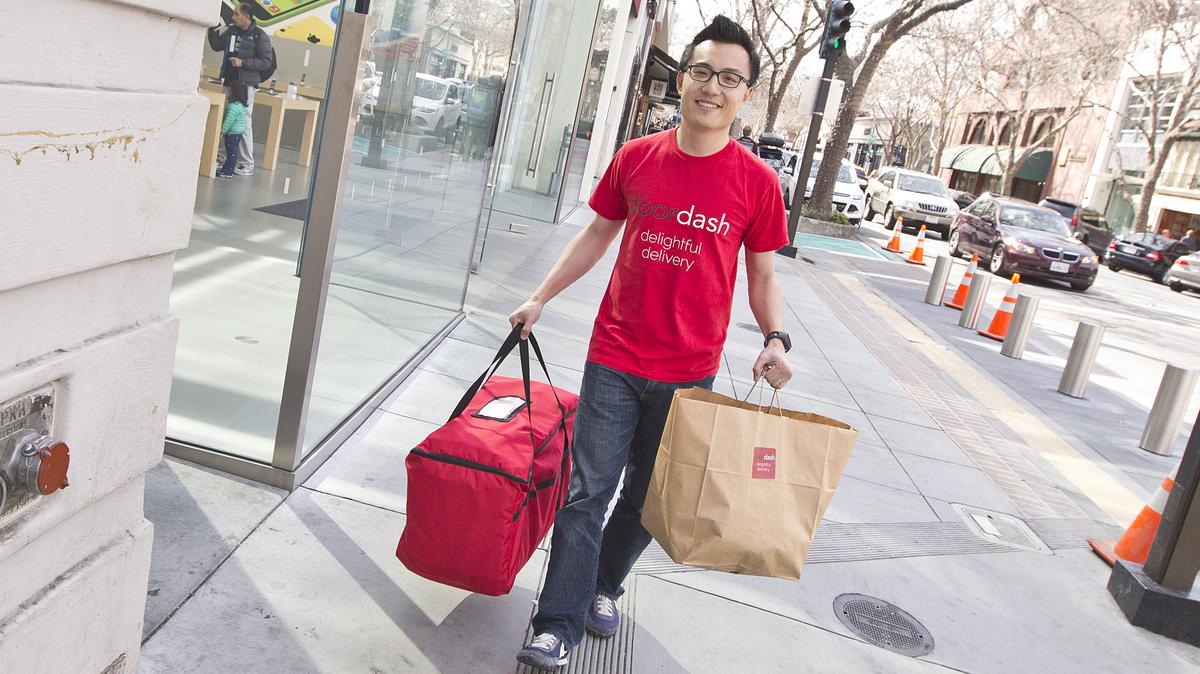
Virtually everyone is familiar with some kind of “corporate social responsibility,” or CSR: the fundraisers for a local charity, team-building-service-projects, “fundraising drives” where a company pledges to contribute a certain amount to a charity for every sale completed, big donations to schools and social relief organizations. CSR is great: companies doing well use their resources to do a little good. Who could have a problem with that?
Well, it turns out, lots of people, and for good reason. Many CSR efforts end up looking like double-dealing or just old-fashioned retention efforts, like charitable donations to a foundation run by executives of a company or their family members, or donations to scholarships likely to go to employees’ children.
Others are only “socially responsible” from a certain point of view: Chick-Fil-A’s donations to conservative groups got it in hot water with progressives, while many companies’ donations to left-leaning causes or marketing efforts in that respect have provoked the ire of conservatives. It turns out corporate social responsibility isn’t quite so easy.
A series of economic working papers suggest these side-effects may hurt the companies in question. Last month, a team of economists reported on an experiment in partnership with an Italian company. Workers were paid for completing specific tasks, but the payment offers were varied randomly: some just cash, some cash and a donation made to a charitable cause, and some cash, with a donation made to a charitable cause that was perceived to benefit the employer.
The results were striking: while some workers were positively motivated by the “prosocial incentives,” some were not. Some workers actually reduced their work output in response to CSR efforts, as they saw “do-gooder” payment structures as a signal that a company was shorting them: if the task yields money to give to a charity, why is it being given to the charity, instead of the worker? And when the charity was perceived to benefit the employer (think of Twitter donating to a political campaign: seems like influence-buying as much as “social responsibility”), even more workers reduced their output.
Corporate Giving Substitutes for Employee Giving
That’s pretty rough for folks who want companies to support their social cause de jour, but it actually gets even worse. Last week, a different team of economists partnered with Amazon Mechanical Turk to test the impact of CSR incentives. Their working paper found even more striking results: introducing “prosocial” incentives actually increased antisocial worker behavior!
Basically, this experiment paid part of the fee for task completion “up front,” and part after completion. When a CSR incentive was offered (a donation to a charity), 20 percent more workers claimed the upfront pay, but then didn’t complete their tasks: they cheated the employer more. If the prosocial incentive was oriented towards “benefiting workers,” this effect got even larger.
The authors explain why: corporate social responsibility gives “moral license” to workers. They feel that because the corporation is socially responsible they don’t have to be. This was most true when the corporation was extremely worker-focused. Basically, corporate responsibility substitutes for personal responsibility, rather than complementing it.
Companies Should Focus on What Companies Do Best
There’s an old debate in economics about what a company should prioritize: should it be all about profits, or should they focus on social objectives? Milton Friedman famously made a philosophical argument for the profits-alone view, but almost every company in existence today maintains a corporate social responsibility office. Whatever they may think of Friedman’s profits-alone view, they decided at some point that the PR blowback from not doing CSR activities would be too costly.
But recent research may change some of that. Workers pay attention to CSR activities, and often actively oppose or sabotage them. Do-gooder companies may run afoul of employees who feel cheated by having their wages stagnate while high-profile social relief organizations cash nice checks, or betrayed by companies that use their profits to support causes they dislike (whether Hobby Lobby or Starbucks!).
When companies signal that the “bottom line” is not their bottom line, they shouldn’t be surprised when workers respond accordingly, by slowing work, exploiting corporate generosity, and treating a naïve sucker who gives away free money like, well, a naïve sucker who gives away free money.
If corporations want to be socially responsible, there’s a tried-and-true way they can motivate their employees to do good work: pay them better. U.S. wage growth has been weak in recent years, even as it seems companies face louder and louder demands that they take costly measures to be “socially responsible” above and beyond what any law or regulation requires.
This is a toxic brew: workers lose out on earnings, companies lose out on motivated workers, and everybody loses out as mundane products like furniture or dating apps become political statements, forcing the callousness of the state into every facet of our lives. Hopefully soon more corporations will wake up, fire their do-gooder departments, and redirect the money into people who are doing the real work making valuable products. Maybe then we can all stop having to wonder to which party our bedsheet-making-company donated its money.









